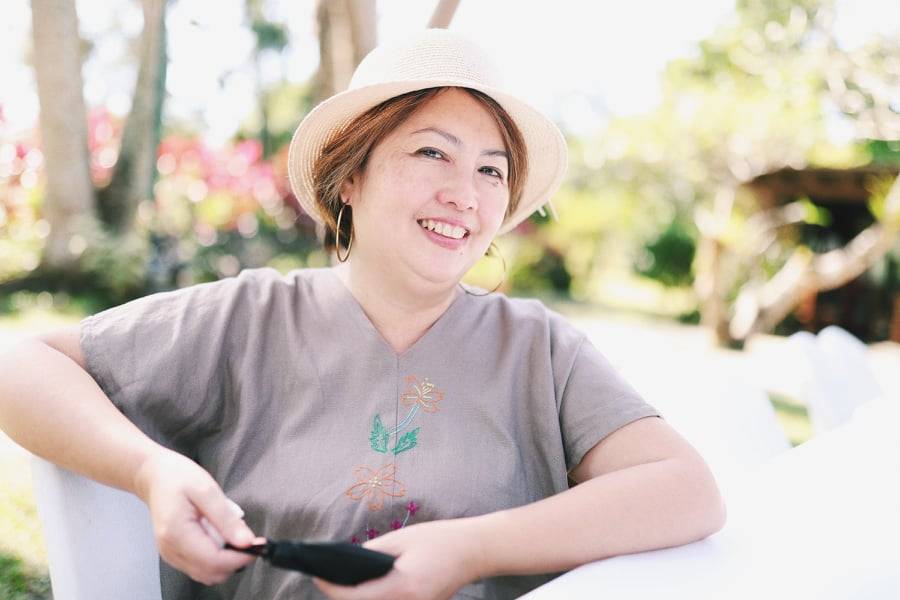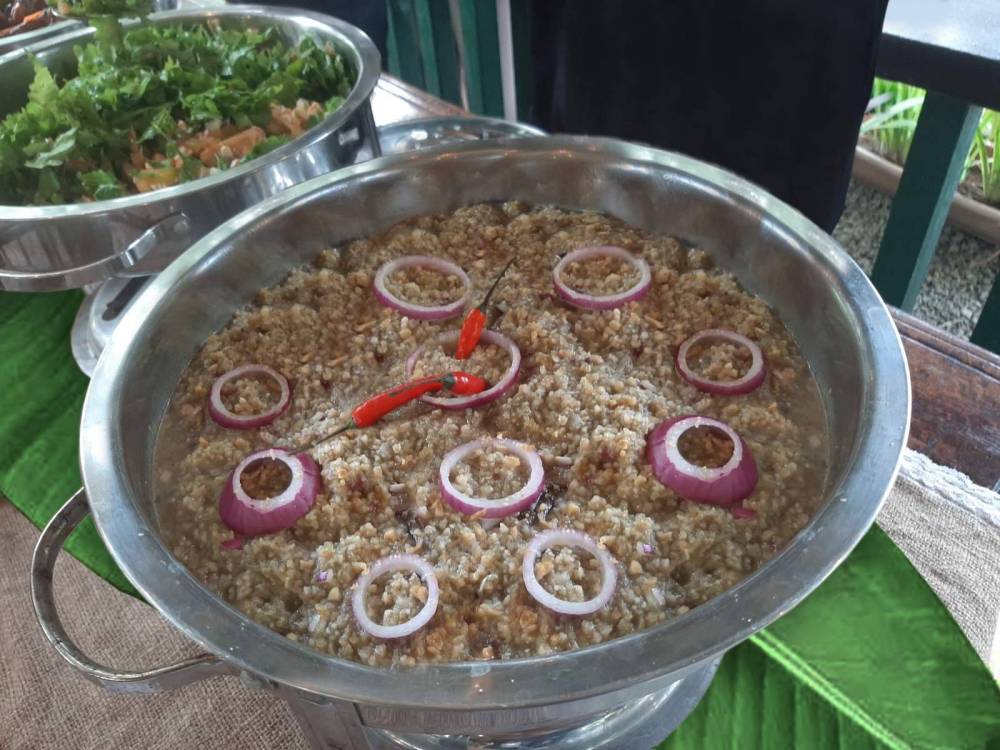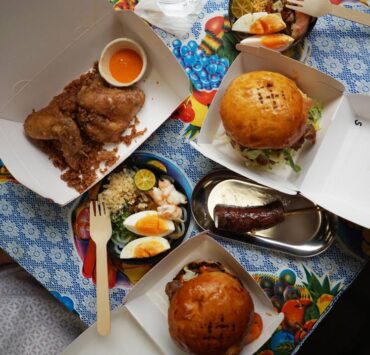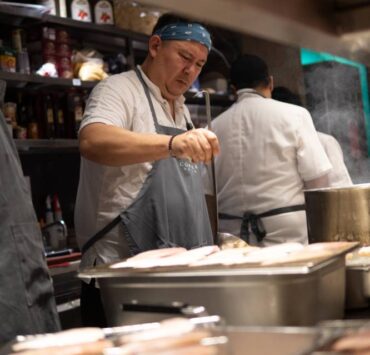Delicious reads from Doreen G. Fernandez award winners

With the passing of time, the entries to the prestigious Doreen G. Fernandez (DGF) Awards are becoming more and more prolific. So much so that I could picture, whiff and taste the dishes written about in the essays.
The year 2023 was the first in a five-year series that highlights Filipino cooking traditions. Inihaw/grilling took the spotlight this year with 56 entries submitted, the most number of essays received since the DGF Awards’ inception in 2002.
An Mercado-Alcantara placed first with her piece on “Liquid Inihaw.” Second prize was all about “Linagpang: A Grilled Soup” by Francis Dave Lacson Selorio. “Inkalot Country” by Resty S. Odon was third.
“Liquid Inihaw” was a mouthwatering read, especially since I’ve developed a fondness for kulawo, thanks to my sorties to Quezon.
For those unfamiliar with the dish, allow me the privilege to share excerpts from Alcantara’s winning piece. Kulawo is among many culinary masterpieces that make Philippine cuisine distinct and so uniquely delectable.
She wrote, “Two ways to serve kulawo have survived through generations and bypassed the influence of colonizers. One is kulawong talong, where the kulawo cream is poured like a vinaigrette over chargrilled eggplant that has been skinned and mashed. This is topped with red sili (chili) for a spicy kick. The other is kulawong puso ng saging, where banana heart is boiled and cut into strips, squeezed dry, then soaked in coconut milk for a few minutes before the kulawo cream is poured into it. Another way to prepare the puso ng saging is to cook it like ginataang gulay (sauté the strips in garlic and onion, add coconut milk, simmer), then add the kulawo cream at the end for smokey flavoring.
‘Kulob’ or ‘kilawin’?
“Some old timers have linked the word kulawo to kulob, which means to contain in high heat or to roast. Others have associated it with kilawin, which means to soak raw food in vinegar until it is ‘cooked’ by the acids. It has evolved into a standalone term which refers to the combination of roasting over a fire and soaking in vinegar.
“My favorite is kulawong talong, not only because it is easier to prepare, but also because the grilled eggplant soaks up the burnt cream into a thick mash easy to slather on top of inihaw na tilapia (roasted tilapia), pritong hito (fried catfish), or lechon sa pugon (oven-roasted pork). The pairings play on contrasting textures and taste profiles: crunchy versus mushy, salty versus sour-sweet. Perfect with piping hot, sticky white rice. In Casa San Pablo, a B&B and cafe, they now serve it as canapés over biscocho (twice-baked bread) and as topping on artisan pizza. A pitch to the next generation who must be convinced to keep kulawo relevant and relished.”
It was while driving through the lush countryside of Quezon that food expert on Calabarzon cuisine Tina Decal first mentioned kulawo.
In her soft, gentle tone, she spoke of it in detail. Kulawo, she said, is made with kilawin ingredients: garlic, red onions, black pepper, vinegar, and a hint of sugar to balance the flavors. All these are mixed into the “roasted coconut milk.”
The roasted coconut milk, the secret ingredient of the dish, is made first by grating mature coconuts then roasting the meat over charcoal until it emits a smokey, nutty aroma. At this point the coconut should have a brown tinge. The coconut is then squeezed and strained through a very fine sieve. The liquid inihaw is incorporated with the rest of the ingredients, then poured on to the grilled eggplant.
Decal shared an authentic recipe of the simple yet ambrosial and very flavorful kulawo:

Kulawo
1 medium size garlic
1 red onion, julienned
Salt
½ c vinegar
¼ c sugar
Black pepper to taste
Grill a kilo of eggplants and peel.
Shred and grill two large mature coconuts directly on top of burning charcoal until they turn brown. Remove from the charcoal. Extract the coconut cream and pass through a fine strainer.
Mix all julienned ingredients except eggplants.
Mix well and pour over the eggplant.
Let sit for 15 minutes before serving.
Congratulations to the Food Writers Association of the Philippines for yet another year of scrumptious essays. The awarding ceremonies for the DGF winners and the launching of “Sangkap 2: Philippine Main Ingredients” will be on Sept. 28 at the Rockwell Club. Merienda cena will be served with dishes inspired by the chapters of the DGF Award “Sangkap 2” book, and prepared by a stellar cast of chefs: Tina Legarda, Sau del Rosario, Kevin Navoa, Thirdy Dolarte, Francis Lacson, and Jackie Ang Po.
Follow @iamreggieaspiras on Instagram and Facebook; visit reggieaspiras.com.


















